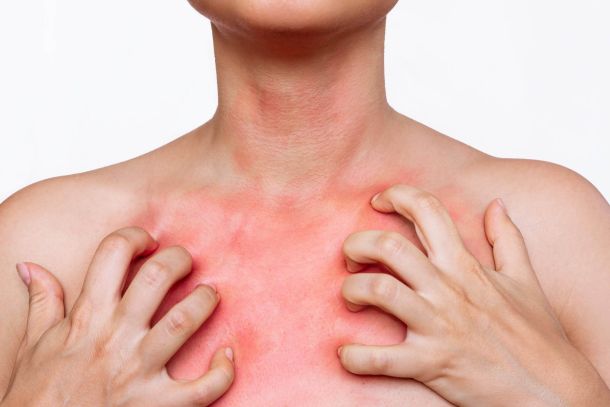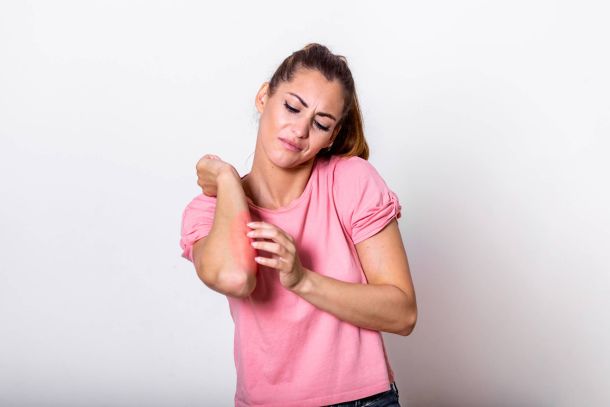Effective treatment for allergic dermatitis: the secrets of success
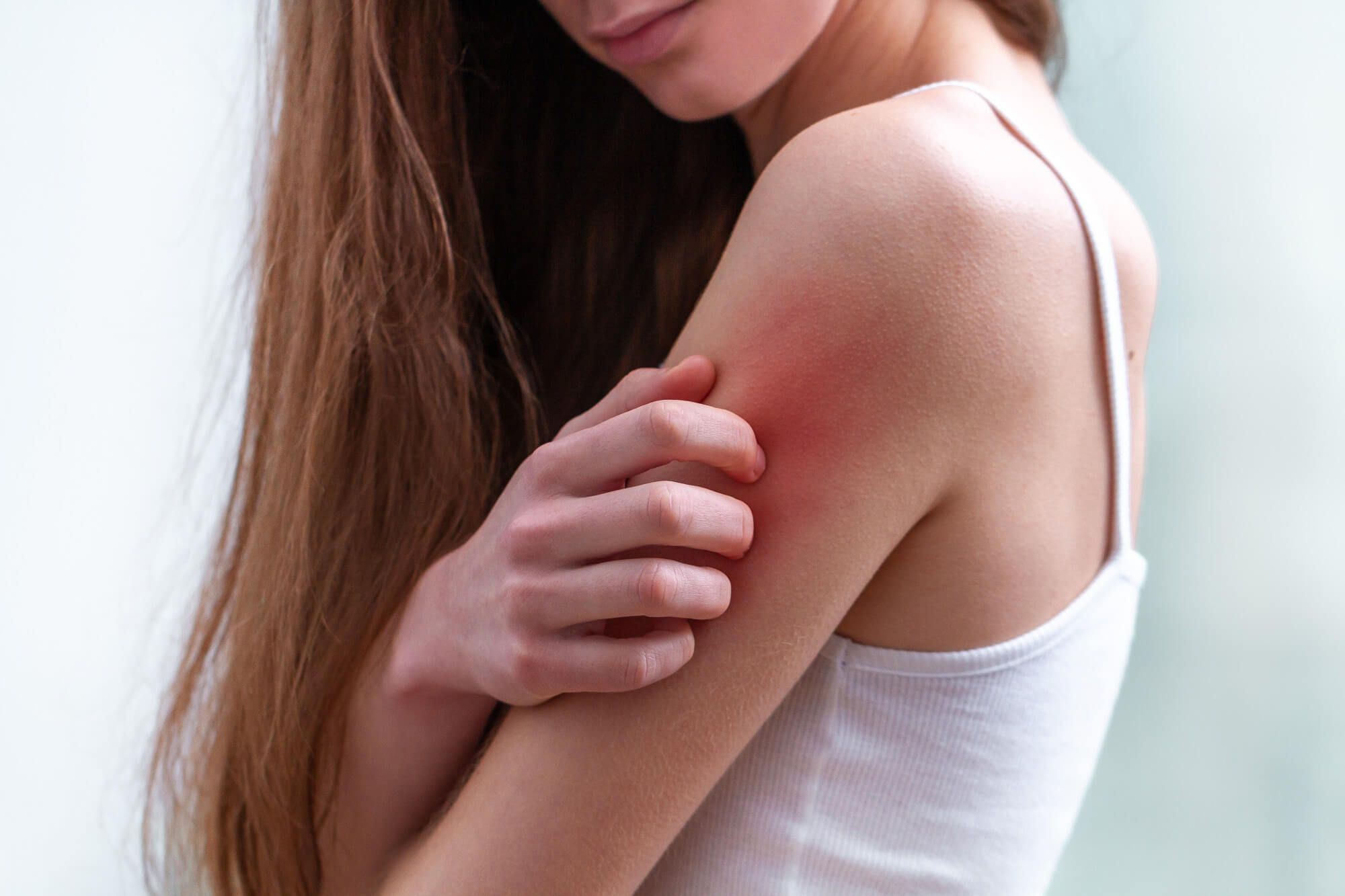

Eva Zakharova
What is allergic dermatitis?
Allergic dermatitis is an inflammatory disease of the skin caused by the immune system's reaction to certain allergens. This disease can appear in different forms, including atopic and contact dermatitis.
Types of allergic dermatitis
Atopic dermatitis, also known as eczema, is often genetically predetermined and occurs in early childhood. Contact dermatitis occurs when the skin comes into direct contact with an allergen and most often occurs in adults.
Causes of allergic dermatitis

Allergic dermatitis can be caused by a wide range of allergens, including plant pollen, food, chemicals, house dust, pet hair, and others.
Causes of atopic dermatitis
Atopic dermatitis is often related to other atopic diseases such as asthma and allergic rhinitis. It can be caused by genetic predisposition, as well as the interaction of environmental factors such as stress or dry air.
Symptoms of atopic dermatitis
Atopic dermatitis often appears as a red, itchy rash on the skin, especially on the faces of The skin of the face, hands, and feet. In children, the cheeks, elbows and knees are often affected. In severe cases, swelling, cracked skin and moist erosions may occur.
Causes of contact dermatitis
Contact dermatitis is usually caused by direct contact with an allergen or irritant. This can include a variety of substances such as soaps, cosmetics, nickel in jewelry, rubber, dyes and others.
Symptoms of contact dermatitis
Contact dermatitis usually occurs at the site of contact with the allergen. The main symptoms include redness, itching, redness, swelling, and blisters on the skin. If prolonged exposure to the allergen, chronic dermatitis may develop with crusts and thickening.
Diagnosis of allergic dermatitis
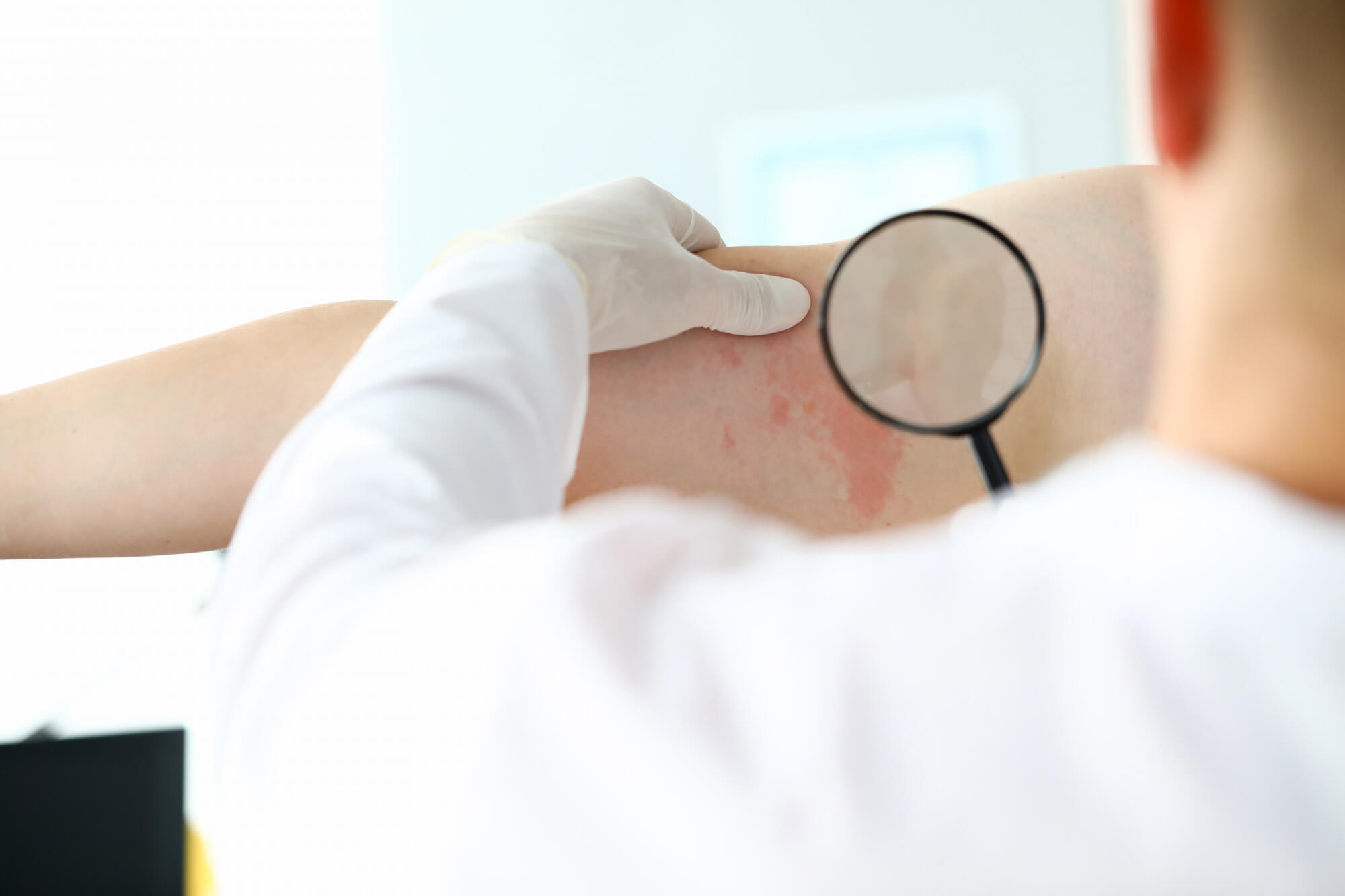
- Diagnosis of allergic dermatitis usually involves a detailed interview with the patient about their symptoms, general health, family history of allergies, and a physical examination of the skin.
- Allergology tests, such as skin or blood tests, can help identify specific allergens that cause a reaction.
- Dermatoscopy is a visual skin examination that can help diagnose and differentiate between different types of dermatitis.
Treatment of allergic dermatitis
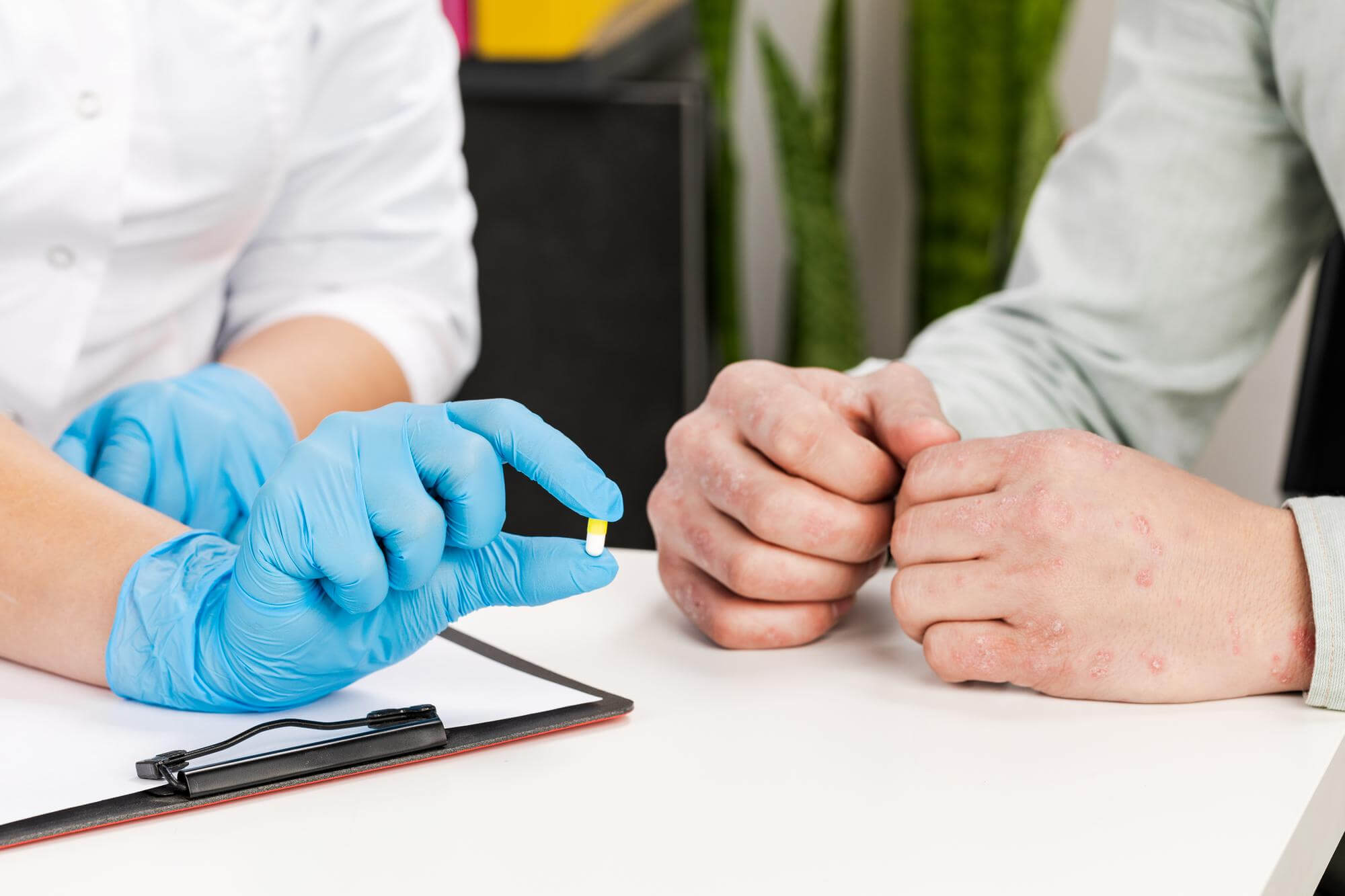
Treatment of allergic dermatitis includes elimination of contact with the allergen, the use of medications and traditional medicine, and physical therapy.
Antihistamines such as Cetirizine or Loratadine are commonly used to reduce itching and inflammation. Topical steroids, such as Hydrocortisone or Betamethasone, may be prescribed to reduce inflammation and itching. In some cases, immunomodulatory drugs such as Tacrolimus or Pimecrolimus may be prescribed.
Some folk remedies can also help manage the symptoms of allergic dermatitis. These include baths with the addition of oatmeal or baking soda, as well as the use of natural oils such as coconut or olive oil to moisturize the skin. However, before using folk remedies, be sure to consult a doctor to avoid a possible worsening of the condition.
Physical therapy, including UV therapy, magnetic therapy or laser therapy, may be used to reduce inflammation and improve skin conditions.
Prevention of allergic dermatitis
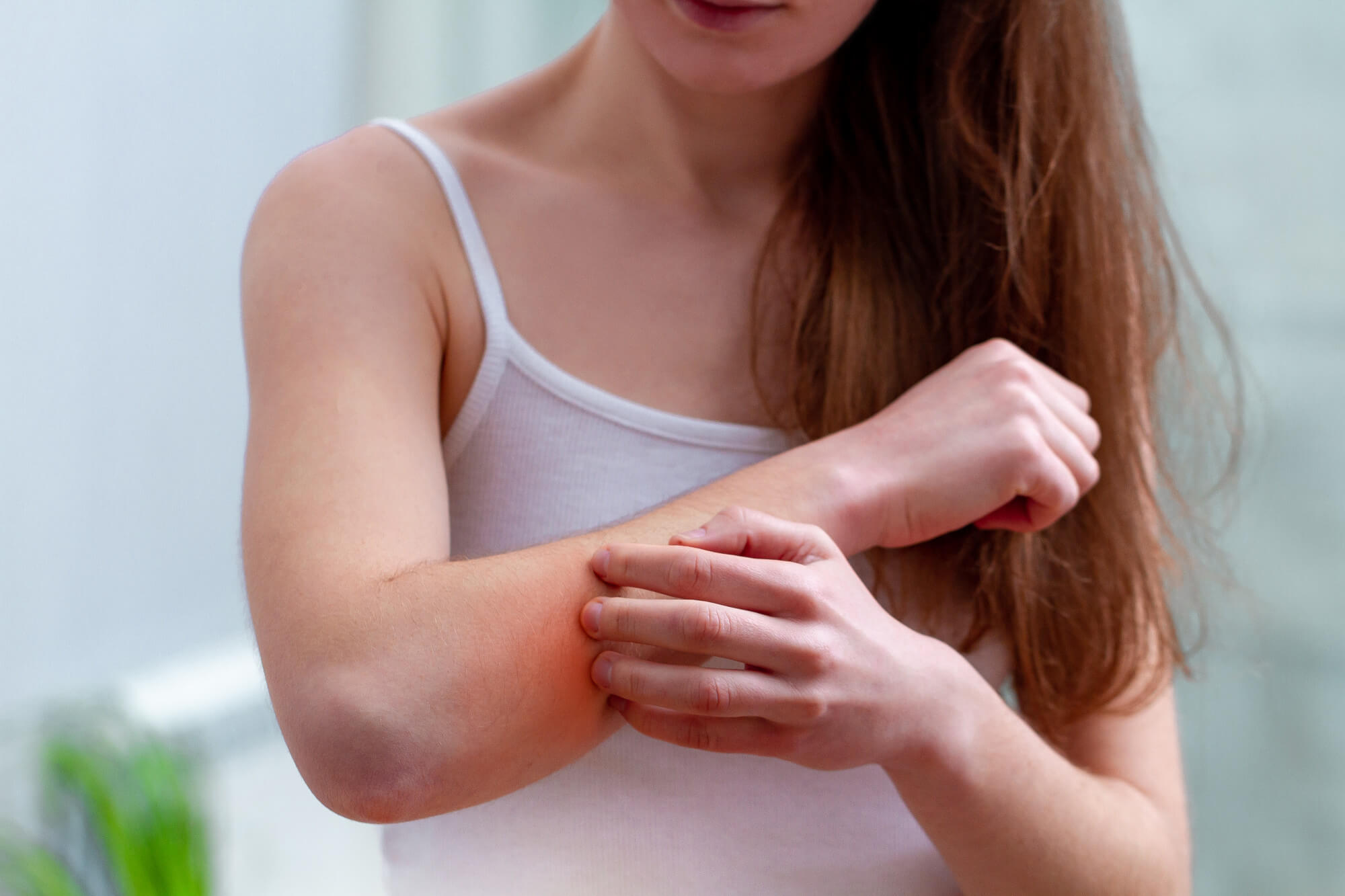
Prevention of allergic dermatitis includes avoiding contact with known allergens, keeping the skin moist and protecting it from adverse environmental factors. Regular follow-up with your doctor and following all his or her recommendations is also recommended.
Allergic dermatitis is a serious disease that requires a careful approach to diagnosis and treatment. It should be considered that the treatment of allergic dermatitis is individualized and depends on many factors, including the type of dermatitis, the patient's age, general health and specific allergens. When symptoms of allergic dermatitis appear, it is necessary to see a specialist for diagnosis and to choose the most effective method of treatment.
Related Materials
- How to find the perfect ointment to treat allergic dermatitis
- Preventing contact dermatitis: tips and advice
- Treatment of contact dermatitis in children: effective methods
- How to help a child with atopic dermatitis: helpful tips and advice
- Current approaches to treating and preventing atopic dermatitis
New materials
Popular Articles
We recommend reading
Contact us in the Contact Us section to ask questions, offer ideas, or for more information about our allergy resource.
Our articles are your trusted source of allergy knowledge. Learn how to make life with allergic reactions easier on our specialized portal.
©
Lechenie-Allergii.com. All rights reserved.
© Lechenie-Allergii.com. All rights reserved.
The information on this site is for informational purposes only and is not a substitute for professional medical advice. We recommend consulting with qualified medical professionals for accurate information and advice.
 English
English  Українська
Українська  Русский
Русский 







